
Behind the Santuario del Santo Cristo in Esquipulas, in Santa Cruz, there is a smattering of old houses made with colored wood in the old Guanacaste tradition. Albert Toney and his husband Keith Toney openly hold hands, hug, and kiss in front of La Voz de Guanacaste’s cameras.
Not five minutes went by when a man passed in front of the Toneys. He nearly fell off his bicycle as he watched the the couple with downcast eyes.
A few minutes later the scene was different: two high school girls strolled past saying, “Hey, look, that’s cool!” Then they continued on their path with complete normalcy.
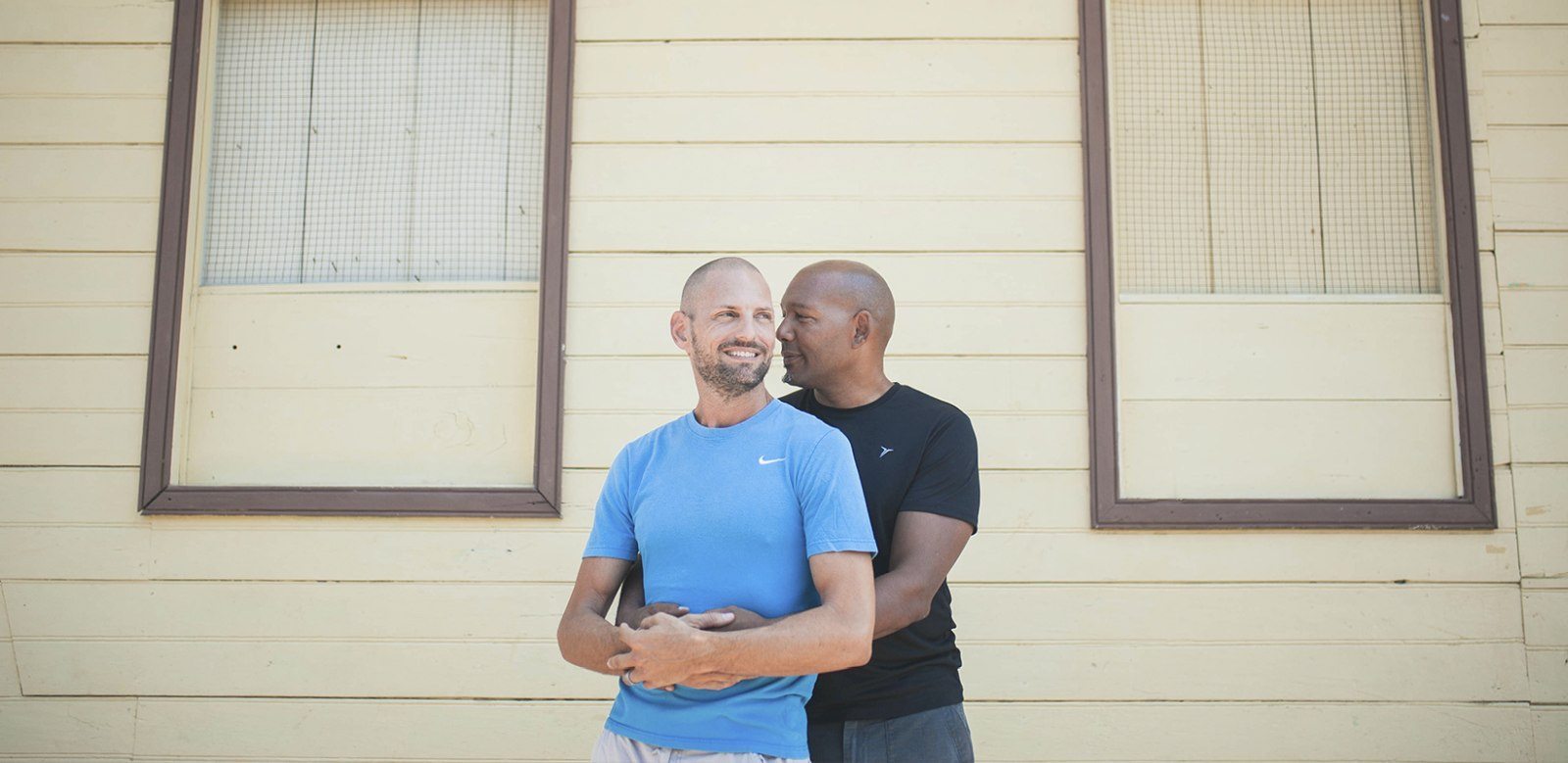
This is the Guanacaste that Albert and Keith live every day. They prefer to hold onto the good aspects, and they sense that the province is growing towards including people with different sexual orientations. “There is a new generation, maybe people under 20 years old, that is more public and open. They come out of the closet earlier and live happier,” said Keith.
Who Are Albert and Keith?
To the people of Junquillal, these two Americans are a simple couple who moved to the coast three years ago. Few know that thirteen years ago they were changing history in Holden, Massachusetts.
In 2004, Albert and Keith legally married, becoming the first same-sex couple in their city.
Their achievements continued. Thanks to their struggle, the State of Massachusetts changed its pension laws so that same-sex couples could inherit their partner’s money in the event of death.
Since then the couple has appeared in newspapers, documentaries, and even in Wikipedia. They also wrote an anti-discrimination-themed children’s book.
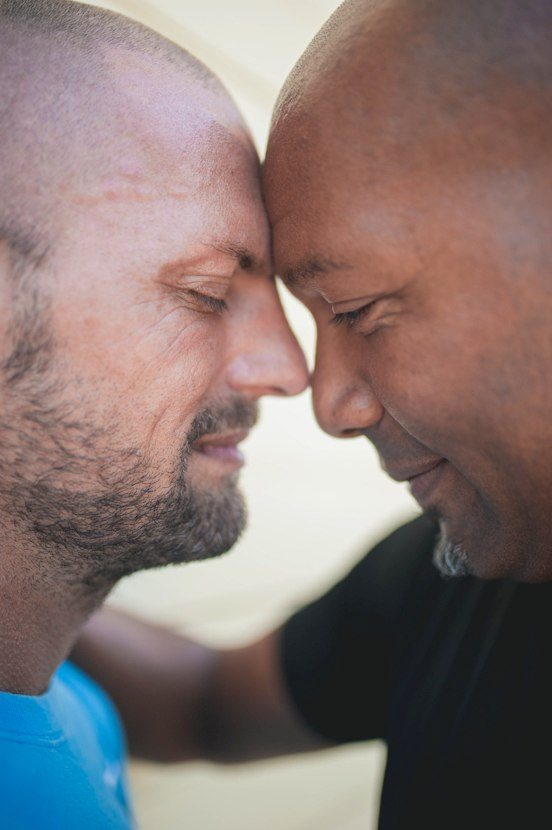
“The way we fight for things in our life is by thinking: why are we going to wait for someone else to do something that we can do ourselves?” said Albert.
The stigma against Albert was doubly strong: as a black man he also faced racism.
“Being white, I was ‘on top of society,’ but when I came out of the closet I moved to the very bottom,” said Keith.
Two Gays in Guanacaste
They wouldn’t trade their beach lifestyle for anything. Albert, 50, was the first openly gay police officer in the Worcester Police Department; now he’s retired. Keith is 45 and works as an accountant, although he’s never liked what he does.
Now they are volunteers on the Junquillal security committee: Albert is president and Keith is secretary. “Basically, the gays are protecting the entire community,” laughs Albert.
To Keith, their life in Guanacaste is completely normal and although he knows that many people make comments about them, they have never had a problem with any neighbors nor have they felt discriminated against.
The couple are at a stage in life where the lack of gay-friendly bars and restaurants is not a problem. They entertain guests at home, travel, or enjoy their own space.
Guanacaste faces the same challenges that any rural place in the world does, says Keith. In the United States the same thing happens, he says: urban zones are more open to the LGBTQ community, while rural areas are more conservative.
“Any rural area is always going to be tougher than metropolitan areas because there isn’t anywhere for gays to get together… to get anywhere you have to take three buses,” says Keith.
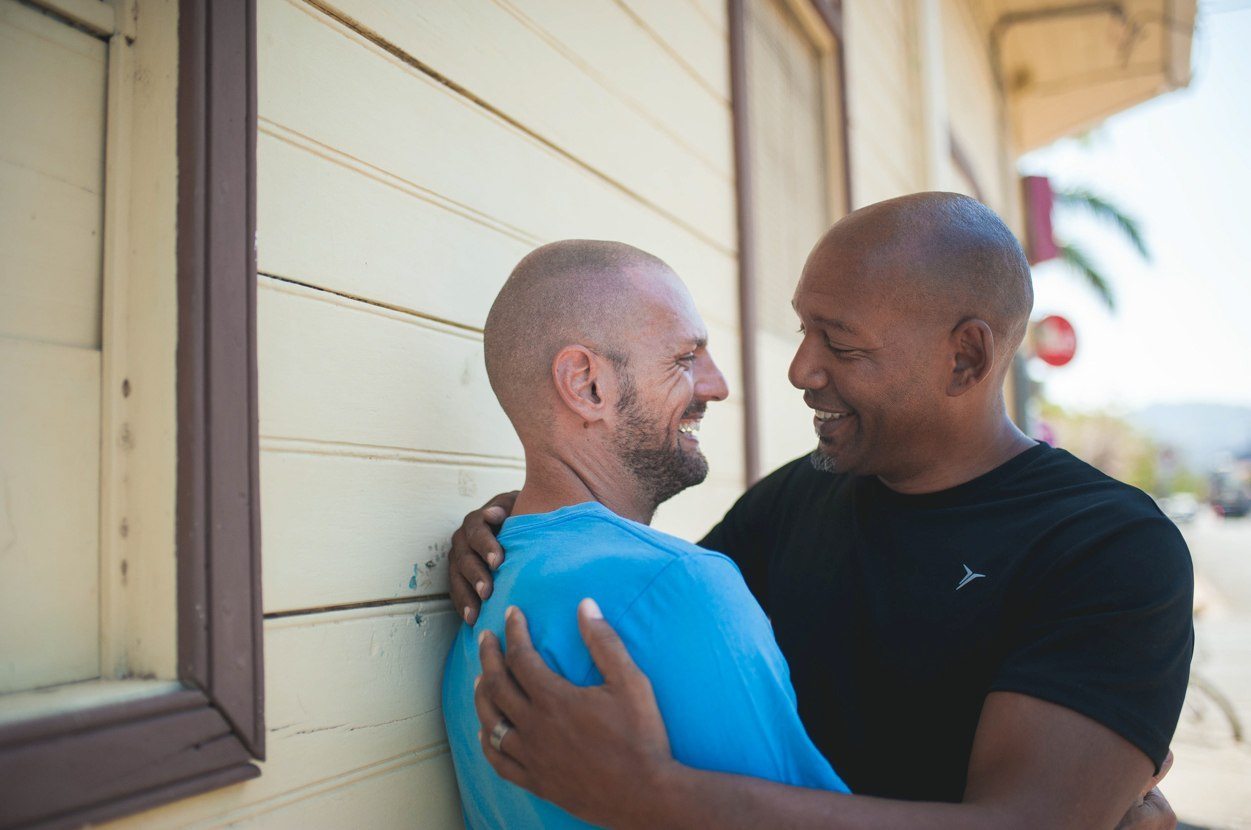
This conservatism manifests itself in rejection. When someone discriminates against them, they notice a pattern: they are people who are very religious, poorly educated, or sexually repressed.
They didn’t come to Guanacaste to become activists. Instead, they came to enjoy each other’s company. However, they are excited to share their story with other gay friends in their circle. They know it is inspiring.


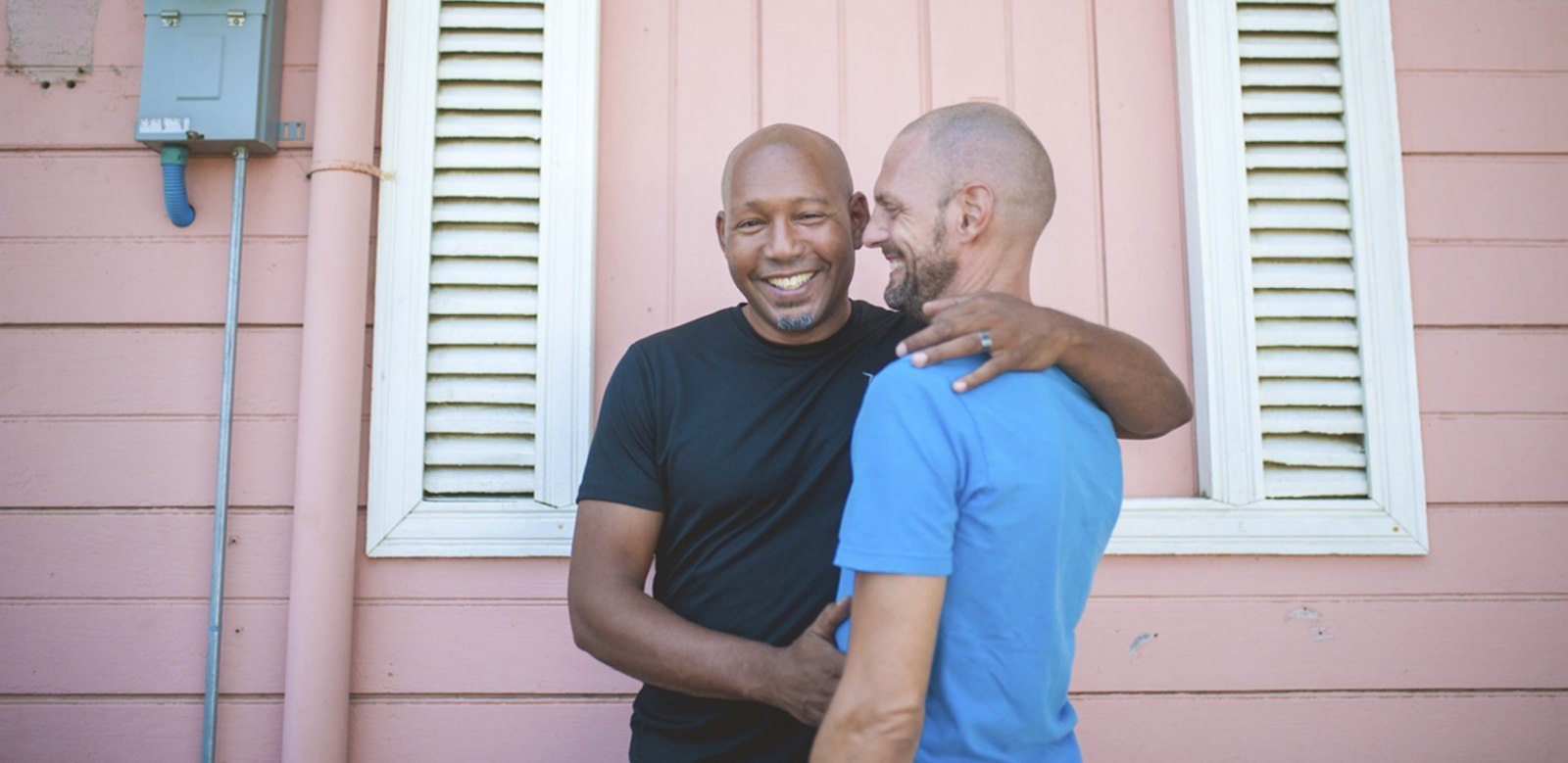

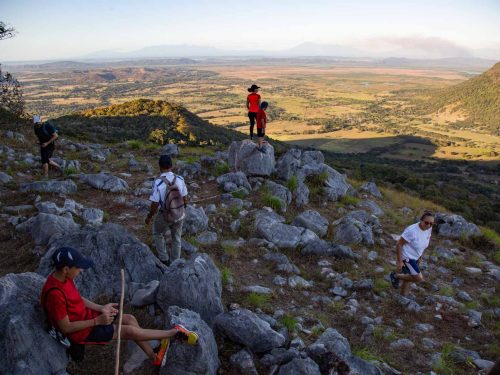
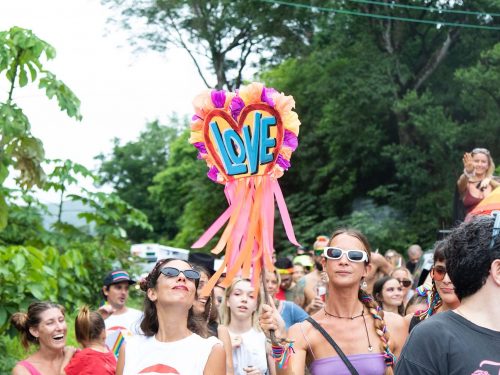

Comments